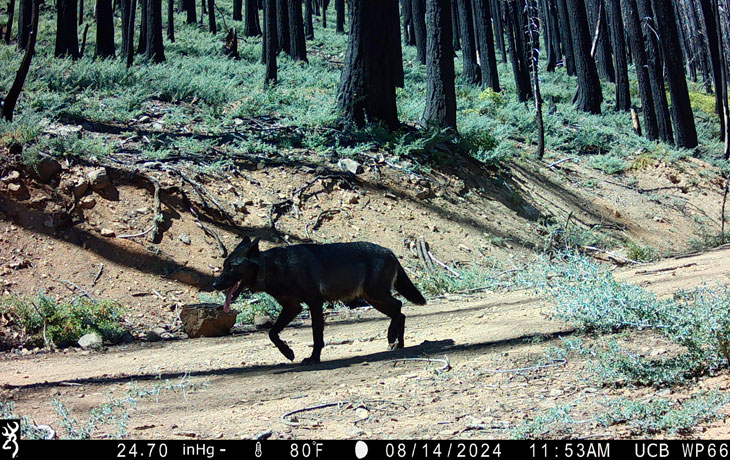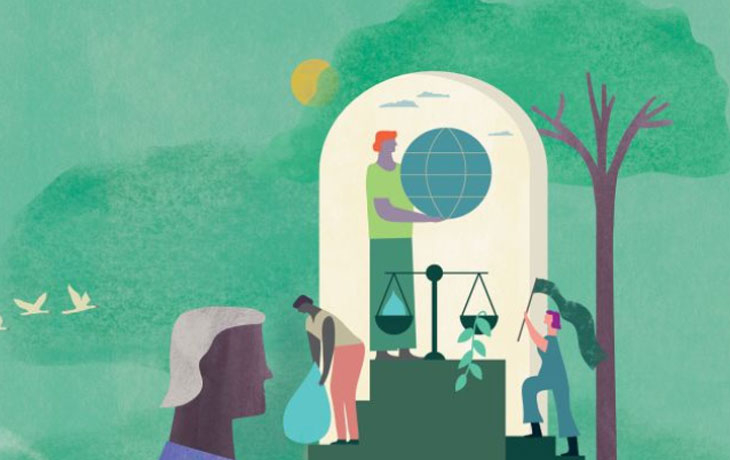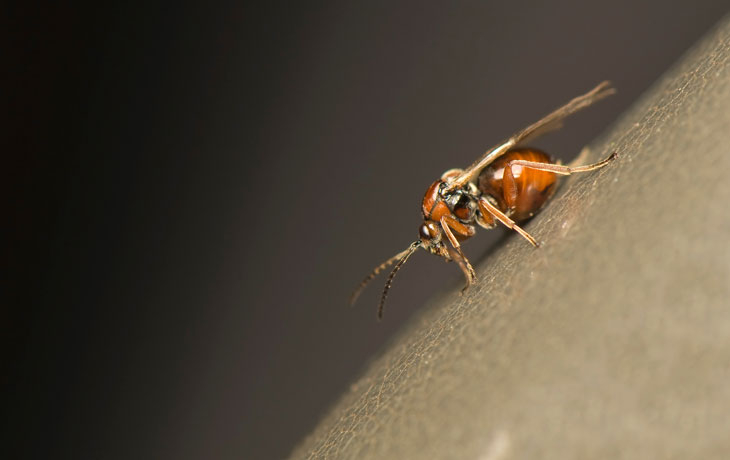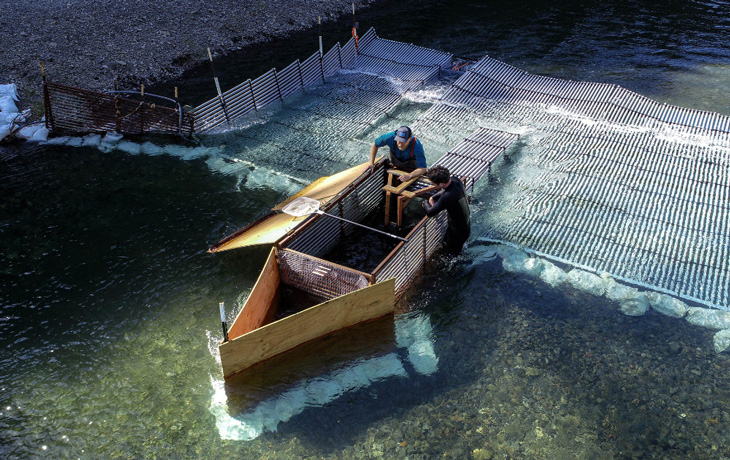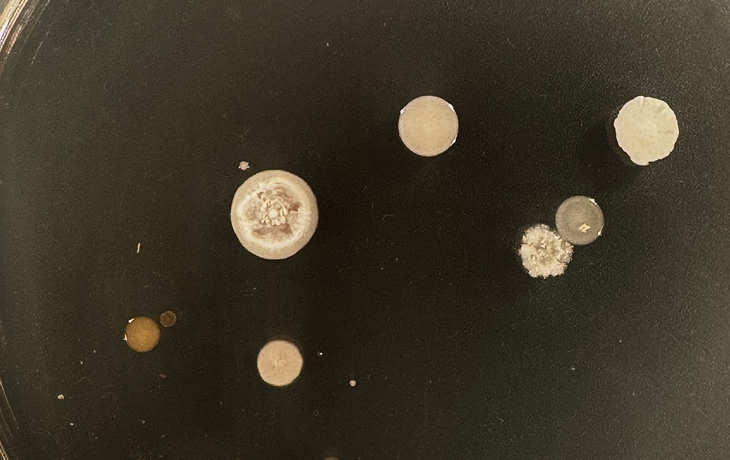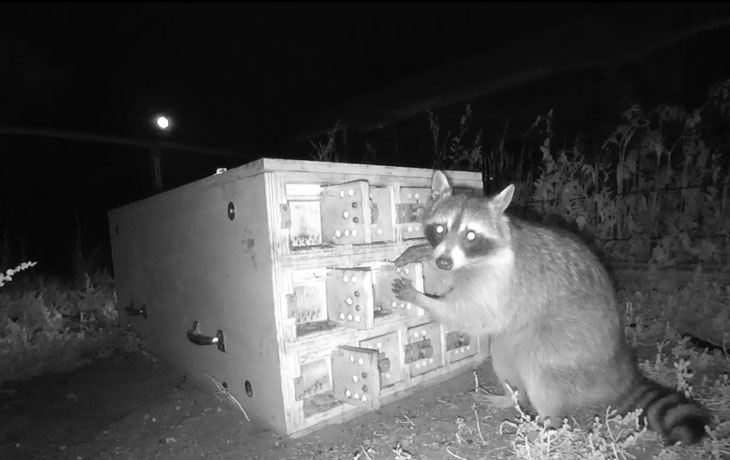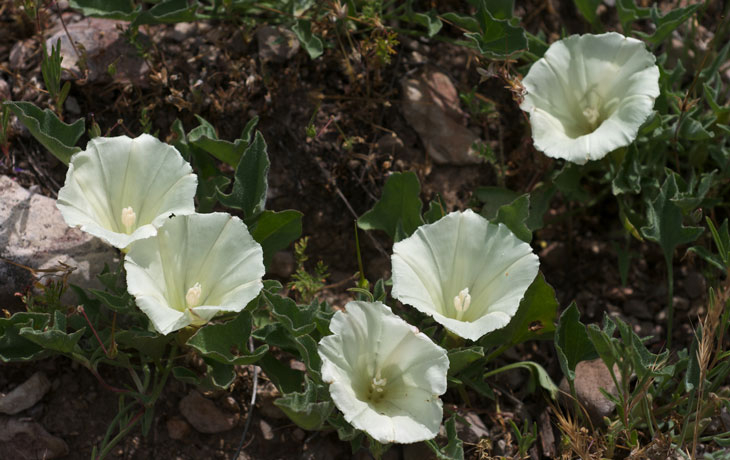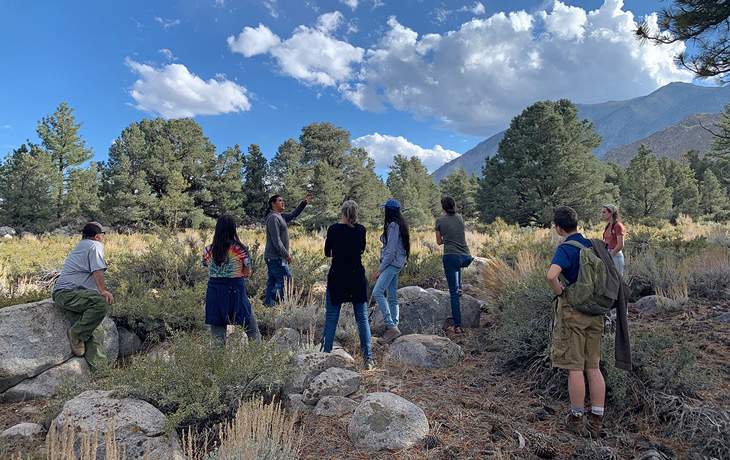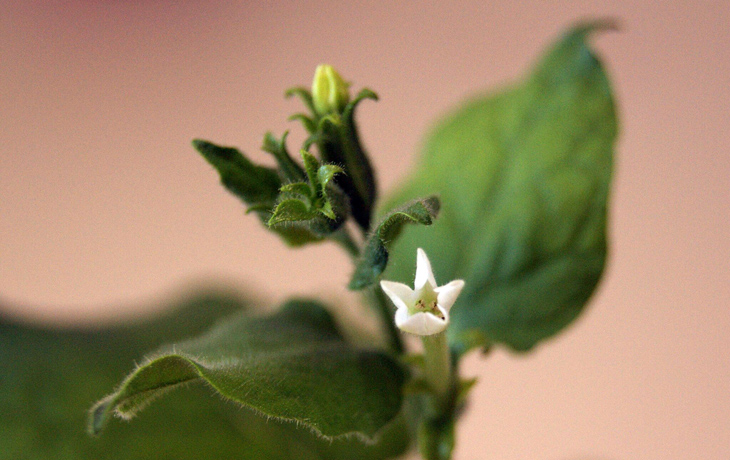The Berkeley Wildlife program and the California Department of Fish and Wildlife have launched the collaborative research initiative to understand the ecology and wolf-human interactions of the recolonizing wolf population in California.
Championing Equity
Grown from the grassroots, the environmental justice movement has gone global—and Rausser College researchers are at the forefront.
USDA Under Secretary Jacobs-Young Tours Oxford Facility
During a visit to campus last week, the Under Secretary visited greenhouses and field sites to learn about various environmental, agricultural, and plant science research programs on campus.
New research identifies key gene in maize domestication
PMB researchers George Chuck and Zhaobin Dong have identified a gene that controls numerous essential crop traits in maize.
Evaluating Benefits of Electric Vehicle Subsidies under the Inflation Reduction Act
A study co-authored by Professor Joseph Shapiro shows that electric vehicle tax credits under the Inflation Reduction Act decreased climate pollution and benefited US vehicle manufacturers but have mixed benefits relative to taxpayer costs.
Advanced conductors provide path for grid expansion
A first-of-its-kind study led by UC Berkeley researchers found that the US could double its electric transmission capacity by 2035 by replacing electric lines with new material.
The cost of controlling termites
Professors David Zilberman and Vernard Lewis and undergraduate Sadie Shoemaker break down the environmental and economic impact of termite fumigation.
Dangerous airborne fungus boosted by California droughts
A new study co-authored by Professor John Taylor identified seasonal patterns in Valley fever infections that could help public health officials prepare for future surges.
Costa Rica’s rainforests offer a window—and warning
Professor Todd Dawson is part of a collaborative team studying how climate change could reshape forest ecosystems in Costa Rica and around the world.
A new discovery in Mono Lake
Professor Jill Banfield helped UC Berkeley researchers identify a choanoflagellate colony that hosts its own microbiome, something never before seen in these organisms.
Africa’s path to green growth
New analysis by ERG researchers explores whether Africa’s economic growth could impact efforts to reduce global warming.
What wasps can teach us about engineering plants
Professor Patrick Shih and graduate student Kasey Markel’s studies of how Cynipid wasps reprogram oak trees may hold clues to new methods of engineering plants.
Planning for climate resilience in California’s freshwater ecosystems
A new perspective paper co-authored by UC Berkeley researchers highlights the complex interactions of climate and non-climate stressors on California’s freshwater ecosystems.
Manipulating microbial communities with vitamins
A pair of new papers from the Taga lab furthers scientific understanding of microbial interactions in a California grassland soil.
How urban raccoons adapt to new foraging challenges
A new study led by postdoctoral researcher Lauren Stanton documents how raccoons use innovative problem-solving skills when foraging for food.
A new tool for climate resilience in California
Adjunct professor Patrick Gonzalez and other UC Berkeley affiliates have launched the Seeds of Change spatial tool to help parks and protected areas in California select climate-resilient plant seeds.
Improving the resilience of California’s pinyon-juniper woodlands
ESPM professor Miranda Redmond is leading a collaborative research project aimed at expanding Indigenous forest stewardship of the culturally important woodland ecosystems.
Unveiling the hidden culprits of air pollution in Los Angeles
A new study led by UC Berkeley researchers found that trees and plants play an important role in the formation of summertime air pollution in the region.
Study shows PFAS threat to drinking water in rural, predominantly Latinx communities
A study led by ESPM and ERG researchers finds that public wells in communities of color might be disproportionately contaminated with harmful "forever chemicals."
Can engineered plants help make baby formula as nutritious as breast milk?
New research from the lab of PMB professor Patrick Shih shows that plants may hold the secret to improving commercial infant formula.


